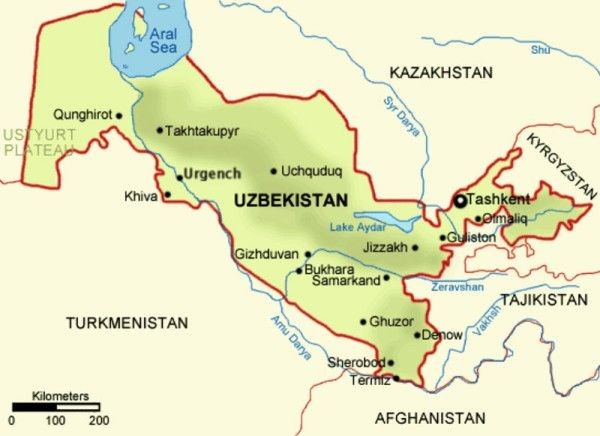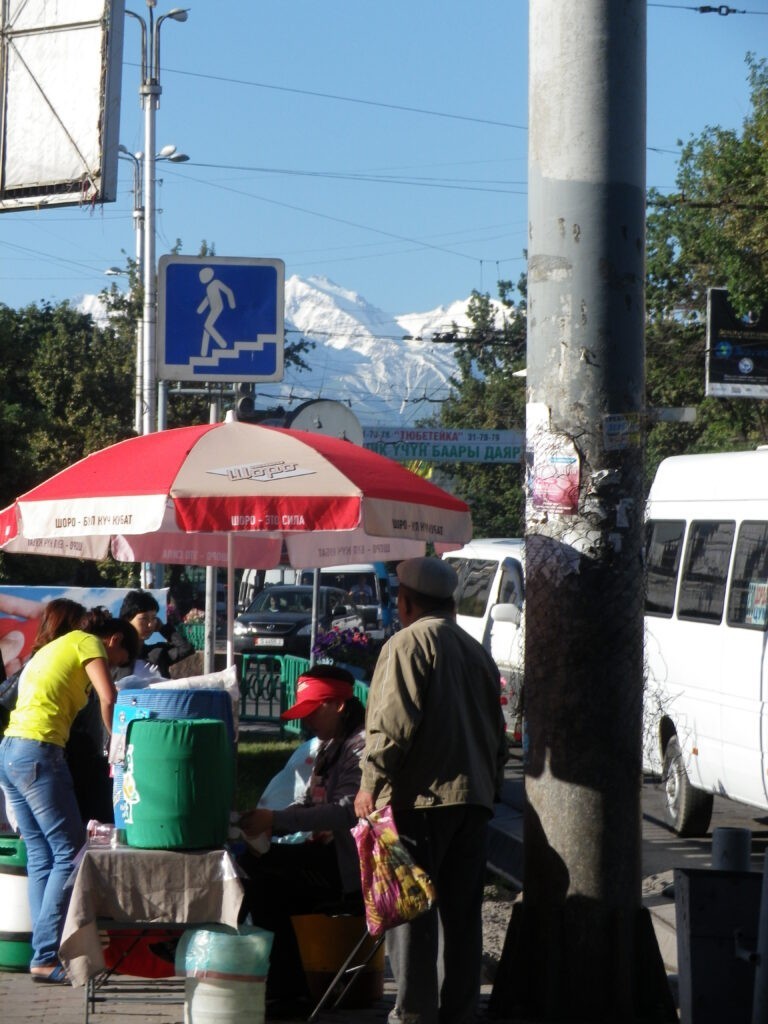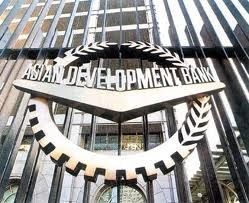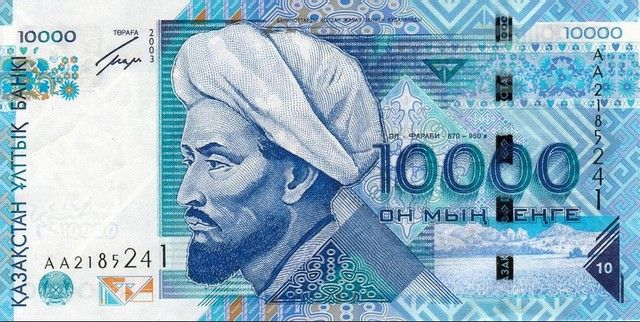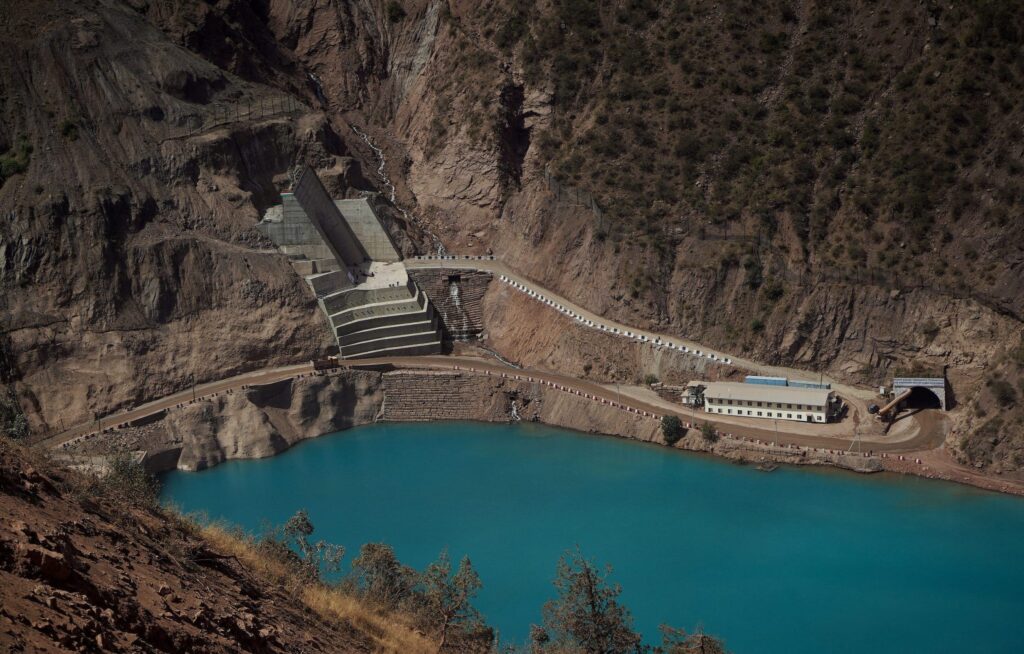TASHKENT (TCA) — Small private companies in Uzbekistan will benefit from better access to finance thanks to an €18 million loan provided by the European Bank for Reconstruction and Development (EBRD) to Ipoteka Bank, the country’s fourth-largest lender by total assets, the EBRD said on December 13.
The funds will be on-lent to micro, small and medium-sized enterprises (MSMEs) for investments, which will strengthen their competitiveness and resilience. The private sector currently generates around 50-60 per cent of GDP in Uzbekistan and in late 2016 the authorities introduced bold reforms to strengthen private entrepreneurship in the country.
Access to finance is one of the key requirements for the sector to fulfil its potential. The new loan will target businesses in regions outside the capital, which, in turn, will also allow Ipoteka Bank to substantially grow its client base.
This is the second MSME line that has been provided to Ipoteka Bank. In addition, the bank participates in the EBRD Trade Facilitation Programme. With a network of 39 branches and over 700 outlets across Uzbekistan, Ipoteka Bank is well-placed to provide much-needed financial resources to small businesses all over the country.
Alkis Vryenios Drakinos, EBRD Head of Uzbekistan, said: “We are proud to deepen our partnership with Ipoteka Bank to support lending to small businesses. We consider MSMEs to be a priority sector as they play an increasingly important role in Uzbekistan’s economy. We are confident that our productive cooperation will deliver long-lasting benefits.”
The fundamental changes in Uzbekistan in recent years have allowed the EBRD to re-engage in the country. Last year alone, the Bank invested almost €400 million in Uzbekistan, with private-sector development as one of its priorities. The efforts have been rewarded by strong growth. The latest EBRD forecasts expect an increase in GDP in 2020 by 5.8 per cent.
